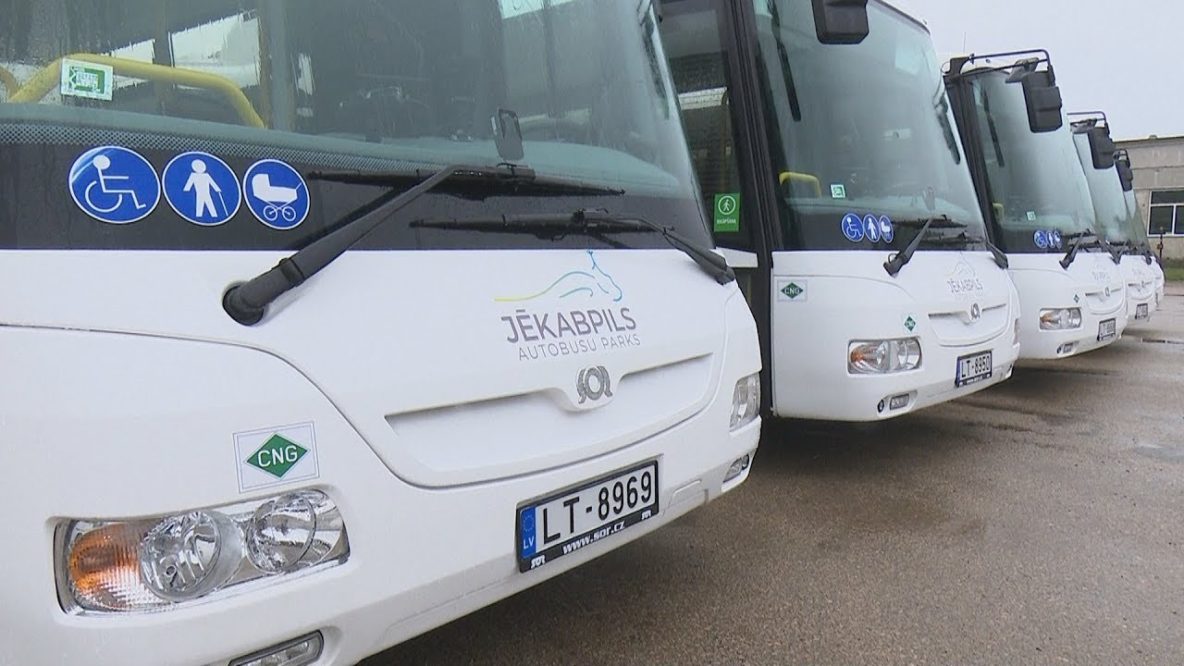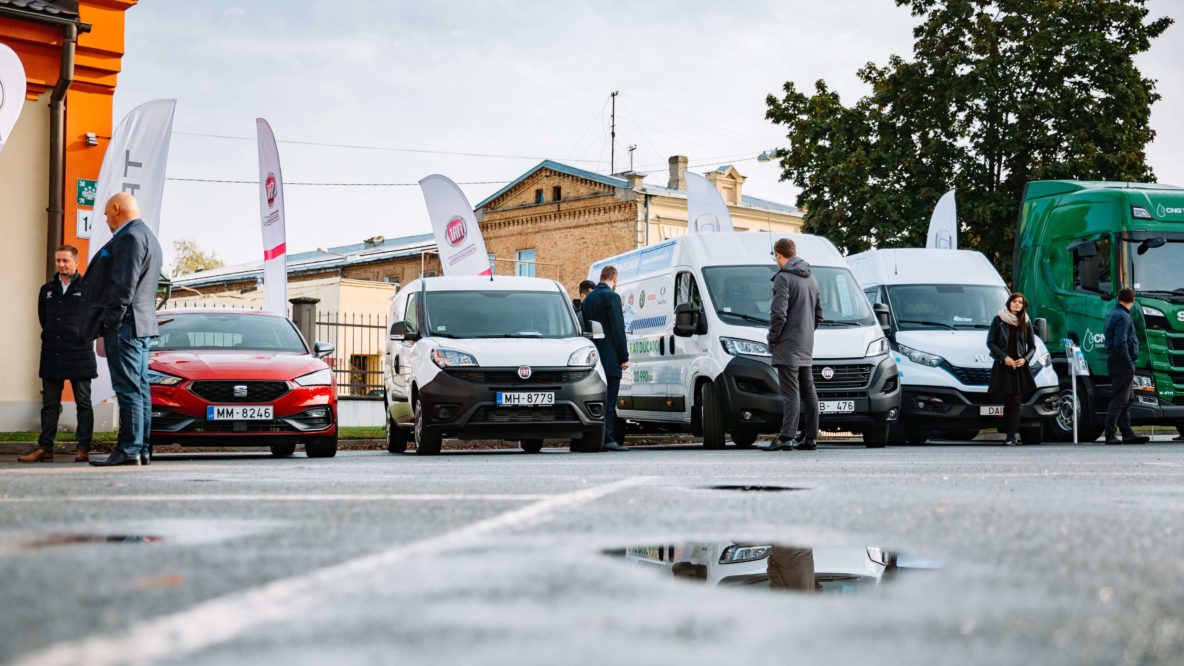
The changes are related to both the increase in the natural gas prices in the global markets and the amendments to the service tariff of distribution system operator Gaso (hereinafter – Gaso), which was approved by the Public Utilities Commission (hereinafter – PUC) on 30 April this year.

At the Baltic Gas Market Forum, happening within the framework of the Baltic Energy Forum on June 2 of this year, the participants of the regional gas market discussed the current issues and challenges of the natural gas market.

For the convenience of Estonian customers, we have created a website with current offers particularly for the participants of this natural gas market.

Jēkabpils is one of the first towns where commercial vehicles run on CNG. According to chairman of the board of SIA ‘Jēkabpils autobusu parks’ Jānis Ščerbickis, the renovation of their bus fleet with seven CNG vehicles in Jēkabpils has made it possible to maintain the bus fare at the current level (0.50 euros), and to preserve various discounts and benefits, such as free bus rides for schoolchildren.

In order to choose the most suitable alternative fuel for a climate-neutral future, during the life of the vehicle, it is essential to consider emissions from the entire fuel extraction, production and consumption cycle, not only the direct emissions of the vehicle.
When analysing different types of fuel, several important factors shall be taken into account: energy efficiency by transferring primary energy resources into motion, overall environmental impact, and the availability of the resources. It is most important to use the well-to-wheel principle for comparison between all types of vehicles, i.e., to cover the entire fuel production chain, not just the environmental impact of fuel consumption in a car.

Financial support can be obtained for switching over to more eco-friendly road vehicles. According to Reinis Bērziņš, chairman of the board of the ALTUM development finance institution, its business energy efficiency programme includes financing the renovation of road vehicle fleets using greener vehicles, including those using CNG as fuel.